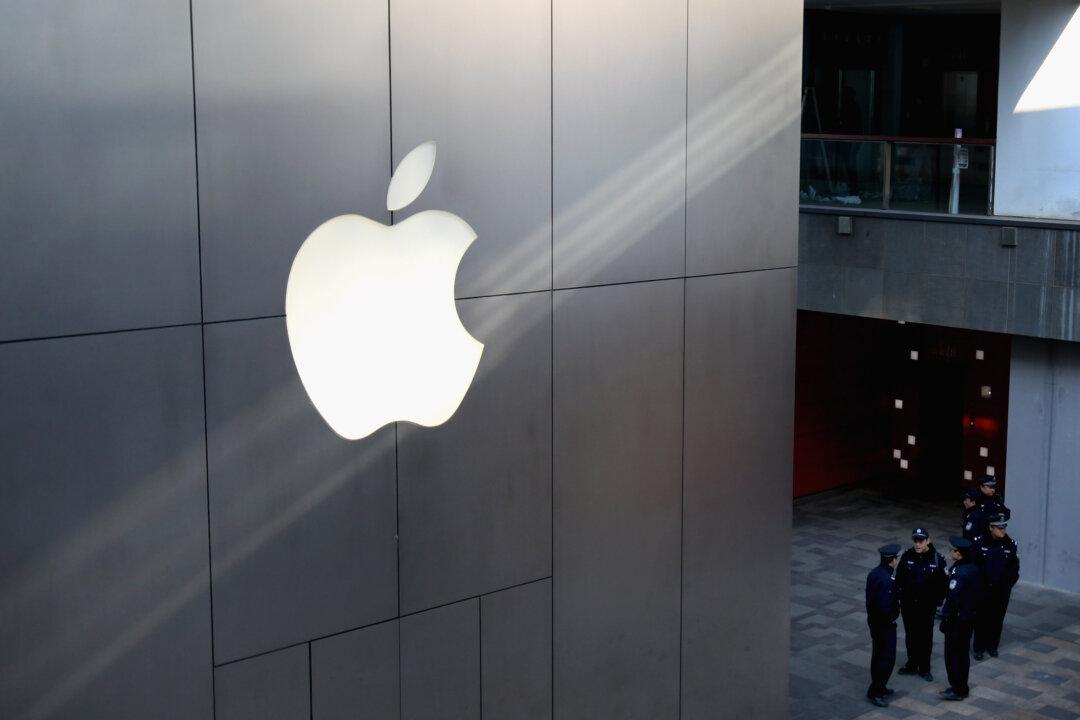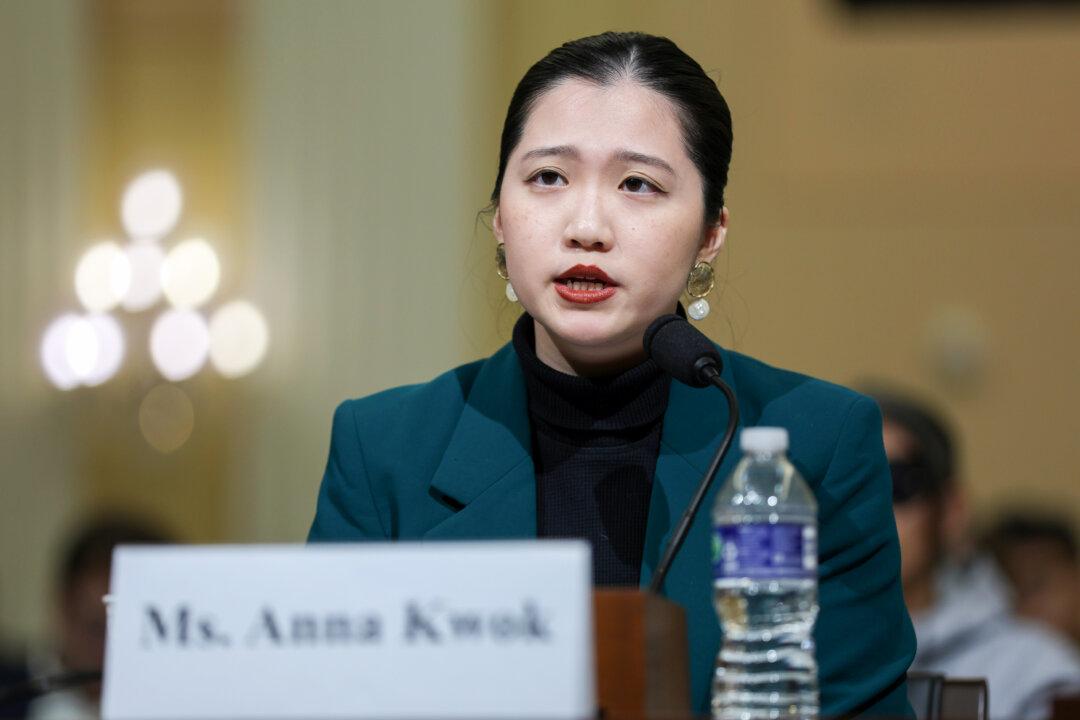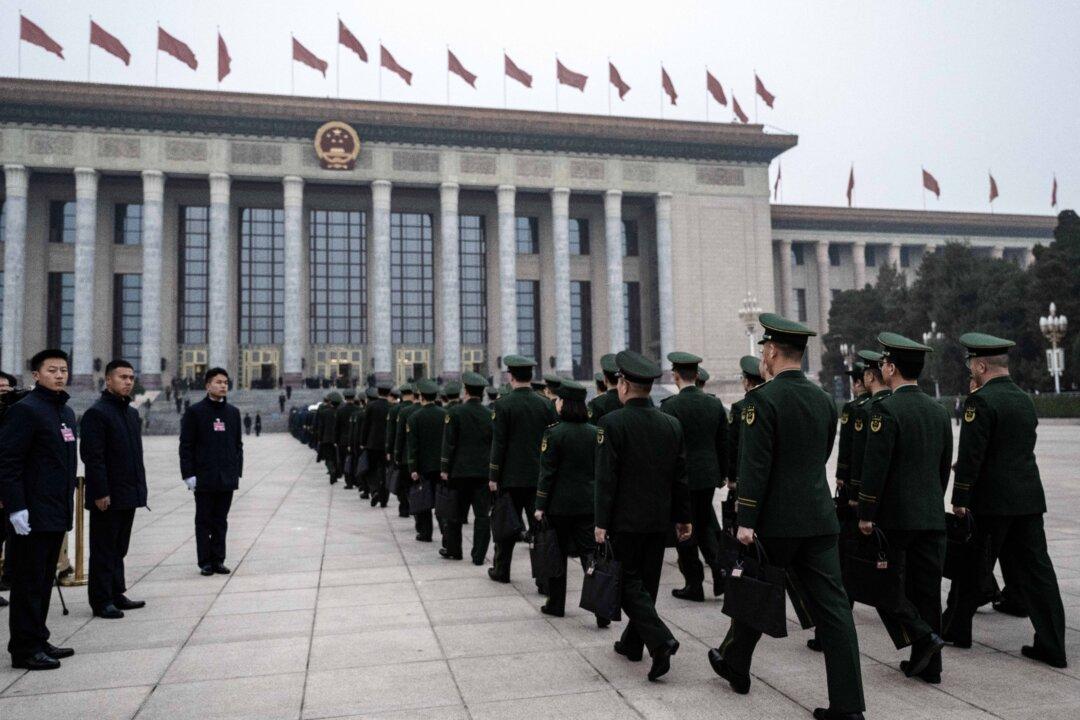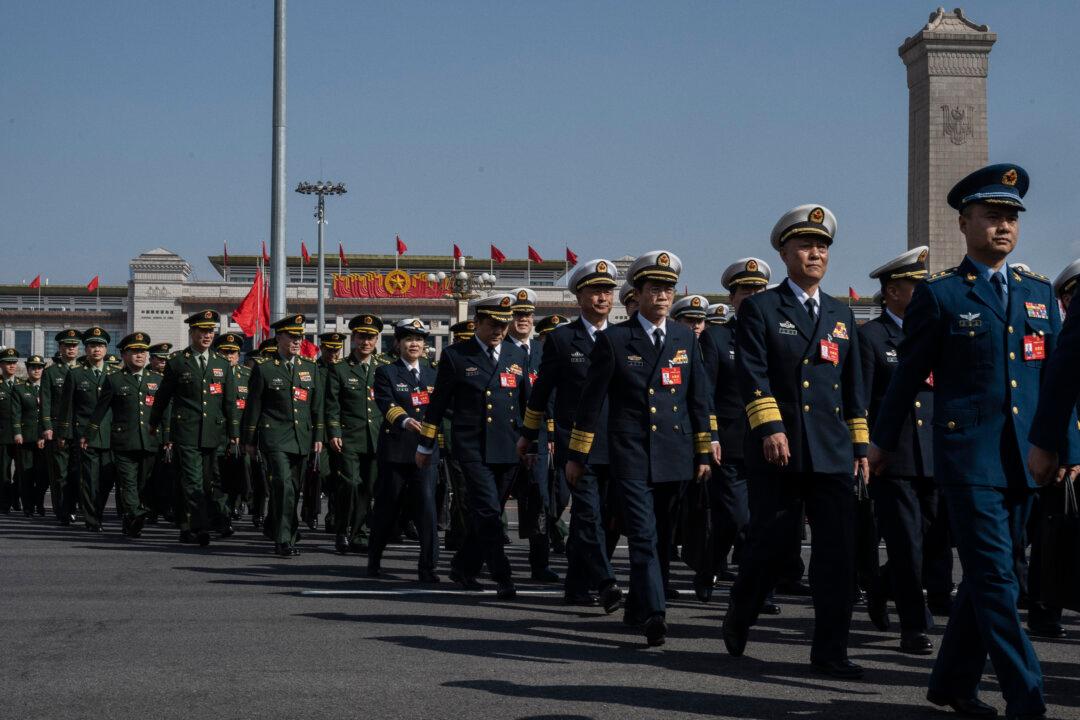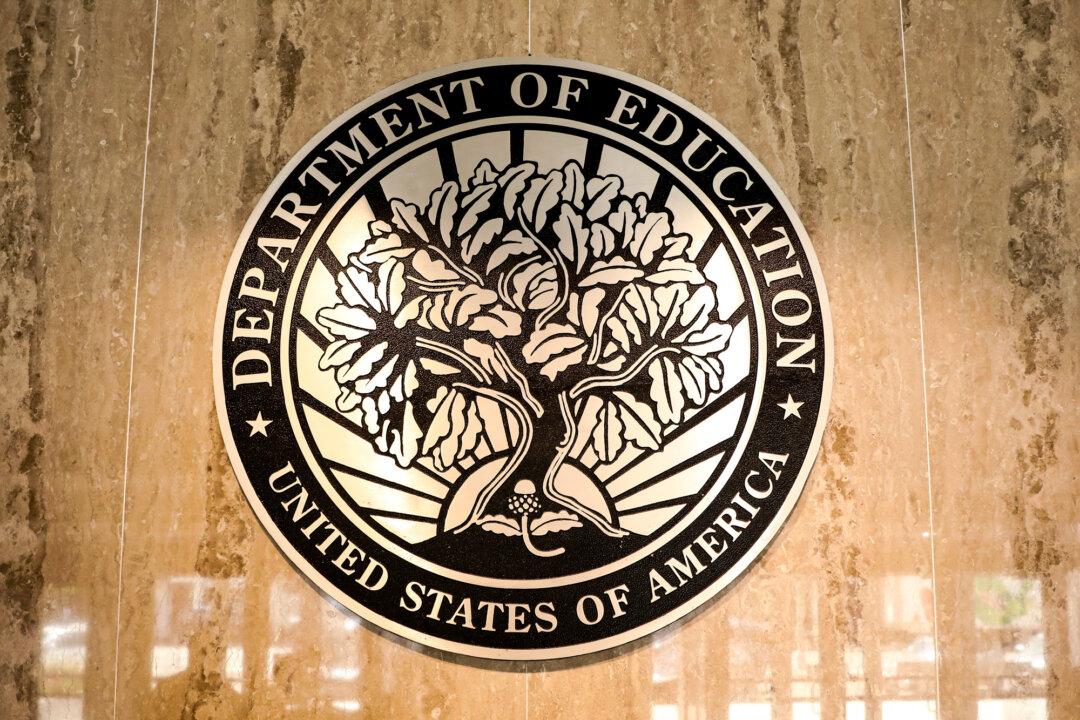Chinese authorities have claimed that they can identify individuals who use Apple’s wireless file-sharing tool to spread content that Beijing considers “inappropriate.”
Experts had managed to identify the phone number and email address of an AirDrop sending device using logs found on the receiving device, the Beijing Municipal Bureau of Justice said in an article published on Jan. 8. That allows local police to find “several suspects” who use the iPhone feature to transmit files containing what authorities have referred to as “inappropriate remarks,” according to the agency.
